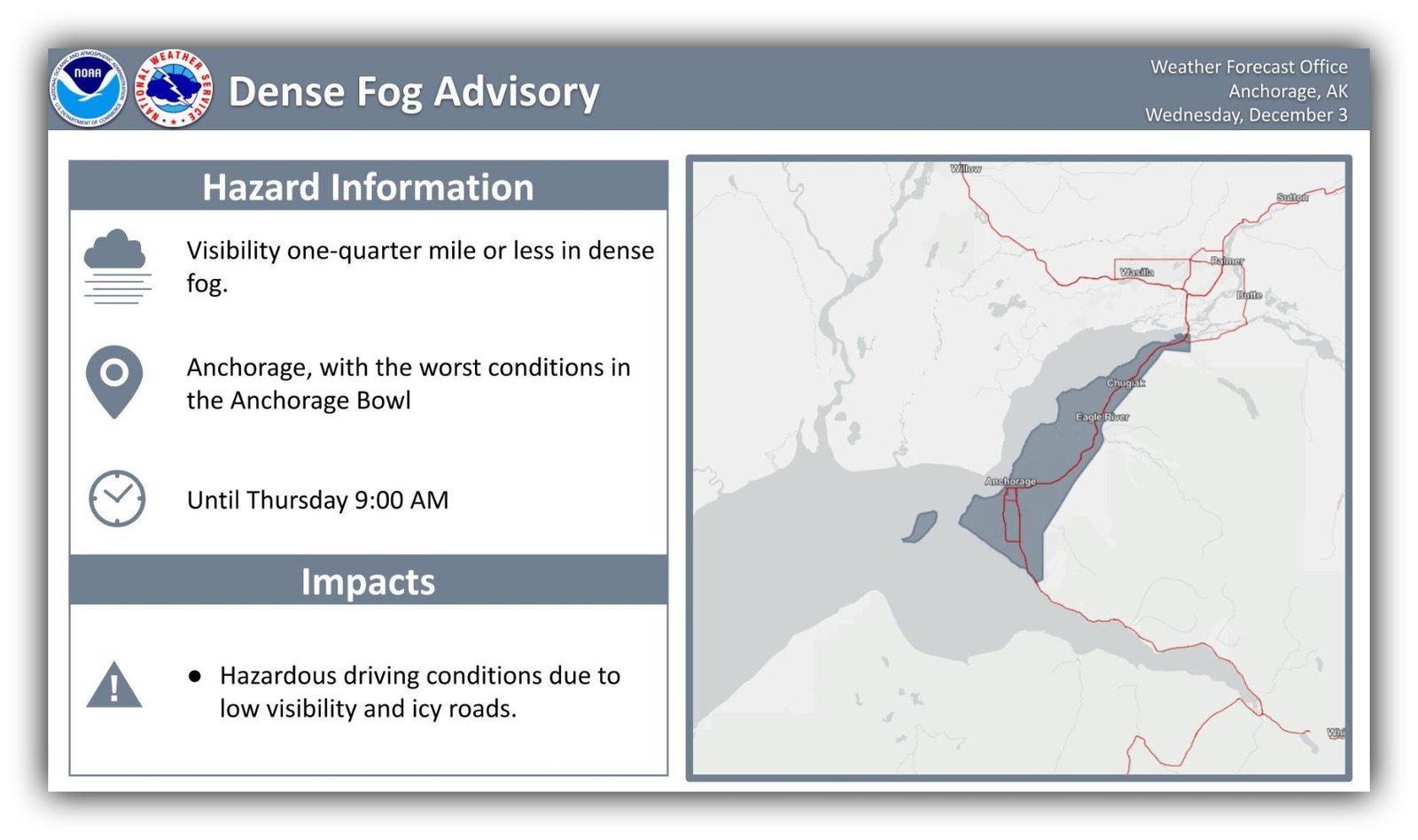Native land decisions, wildlife management, and oil‑reserve rules … the moves shaping life in the Last Frontier today.
Alaska Reclaims Control Over Native Allotments
Alaska is regaining authority over more than 17,000 Native allotments after the U.S. Department of the Interior reversed a 2024 decision. This move clarifies which laws … state, tribal, or federal … apply across millions of acres statewide. Alaska Attorney General Stephen Cox described the decision as a “critical restoration of legal certainty” for communities, stabilizing legal authority and reinforcing state sovereignty over Native allotments.
NANA Regional Corporation Receives 28,000 Acres

In a related development, the Department of the Interior transferred nearly 28,000 acres to the NANA Regional Corporation under the Alaska Native Claims Settlement Act (ANCSA), bringing the corporation’s total land holdings to 96 percent of its entitlement. The land, near the controversial Ambler Road corridor, is positioned for resource development and regional infrastructure projects. Officials say the transfer fulfills longstanding Native land claims while supporting local economic growth.
Bear Removal Program Aims to Protect Mulchatna Caribou
The state is taking action to protect the Mulchatna caribou herd in southwest Alaska by removing a limited number of bears. High predation rates have threatened herd recovery, which is crucial for subsistence communities. State wildlife officials emphasize that the program is targeted, legal, and designed to safeguard a vital food source for local residents.
NPR‑A Oil Rule Rollback Opens North Slope for Development
The Department of the Interior has rescinded a 2024 rule that restricted activity in the National Petroleum Reserve–Alaska (NPR‑A), restoring a development-friendly regulatory framework. The decision is expected to facilitate new energy projects, job creation, and infrastructure initiatives like Ambler Road. While the move is welcomed by economic development proponents, environmental groups warn of potential impacts on wildlife and ecosystems.
Public Media Faces Cuts — KYUK at Risk
Alaska’s public broadcasting network is under threat following federal funding rescissions. KYUK in Bethel, which relies on the Corporation for Public Broadcasting for nearly 70 percent of its budget, plans to reduce staff by more than half and cut English-language programming while prioritizing Yup’ik-language shows. Some relief has come from the Alaska Community Foundation’s “Voices Across Alaska Fund,” which has raised $3.5 million, and temporary federal support to other stations. Lawmakers, including Senator Lisa Murkowski, stress that long-term funding stability is critical. Public radio stations like KYUK are essential for news, emergency alerts, and cultural programming, particularly for rural and Indigenous communities.
Salmonella Outbreak Linked to Bearded Dragons
Health officials warn of a multistate Salmonella outbreak linked to bearded dragons. Seventeen people across eleven states have become ill, with more than half reporting contact with these reptiles. Illnesses occurred between May and October 2025, resulting in six hospitalizations and one death. Reptiles can carry Salmonella even when they appear healthy. The CDC advises thorough handwashing, avoiding contact with young children or immunocompromised individuals, and keeping reptiles out of food-prep areas.
Alaska’s Shifting Landscape
From land and sovereignty to wildlife, energy, public media, and public health, Alaska is experiencing rapid changes that affect communities across the state, from remote villages to urban centers. Staying informed about policies, programs, and public health guidance remains essential for every Alaskan.




